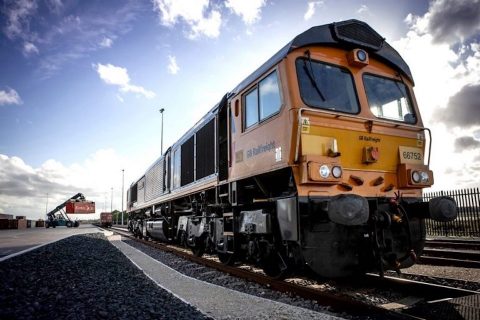UK logistics companies yet to be convinced over express rail freight opportunities

There is a great opportunity for growth in the express freight by rail market, but the logistics industry still needs to be convinced. That’s the message from a special unit at Network Rail, tasked with identifying the commercial benefits for the infrastructure agency and for the UK economy at large.
Do you want to read the full article?
Thank you for visiting RailFreight.com. Become a member of RailFreight Premium and get full access to all our premium content.
Are you already a member?
Having problems logging in? Call +31(0)10 280 1000 or send an email to customerdesk@promedia.nl.





Yes, lines benefitting of high punctuality, those proving timely, high quality, already are a very good alternative,
However, now as well costs decisively have to be attended. When costs sustainable are reduced and low, then soundly the track charges as well may, etc.
(All other devices, the global, by air and by sea add load capacity for reduced costs. Even the on road trucks, the “domestic” does. Rails for sure has got unique, great potential, for adding of edge!, for sake of majority!…)
Is there any plans for rail freight along the east coast way as an another route from the channel tunnel?